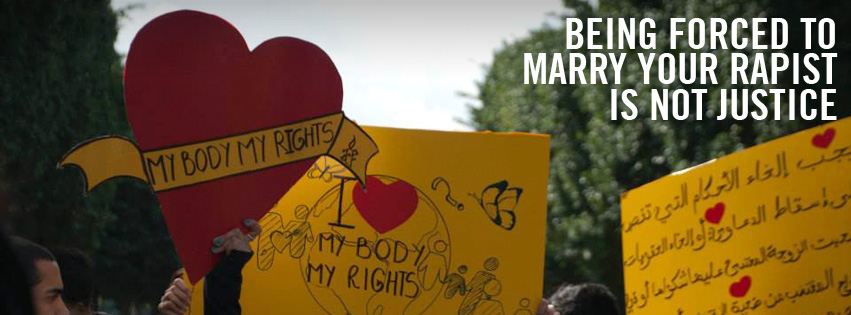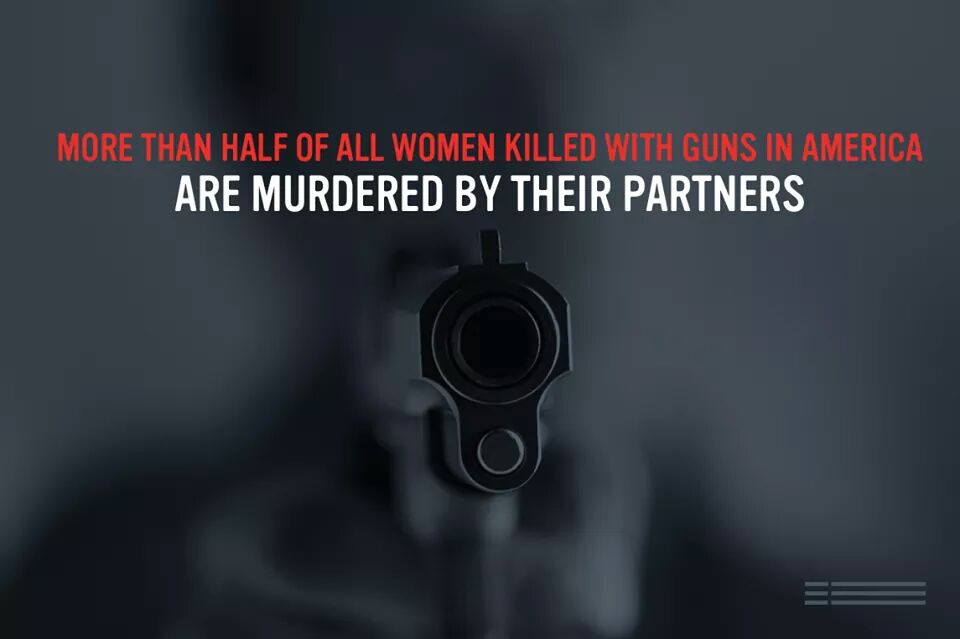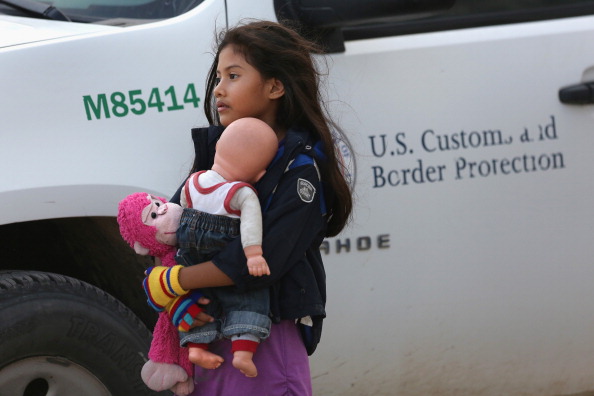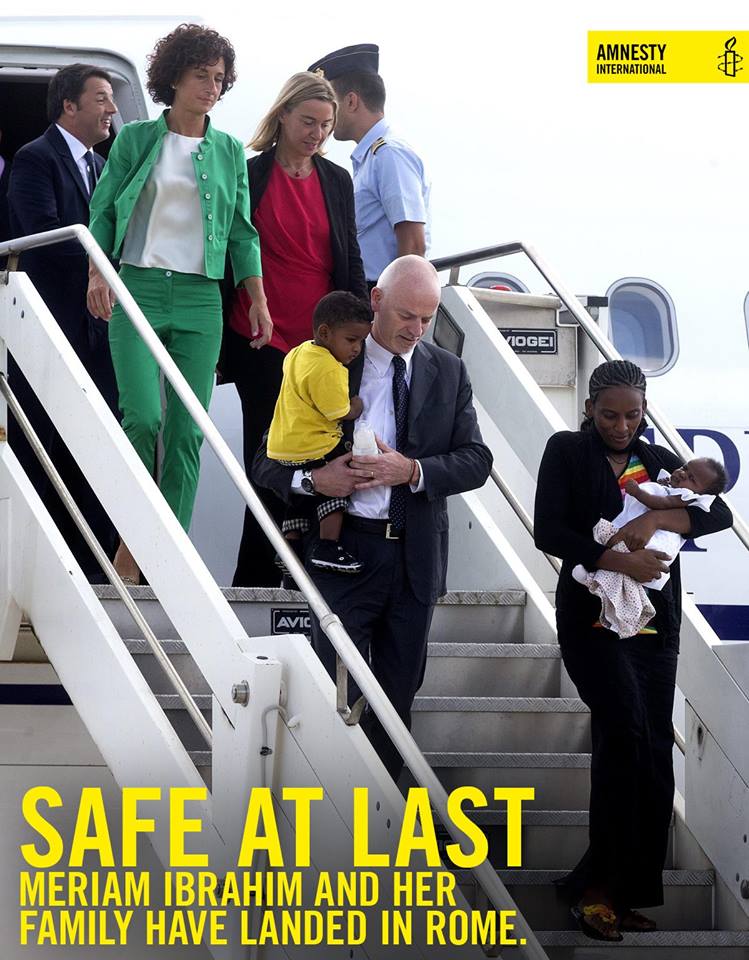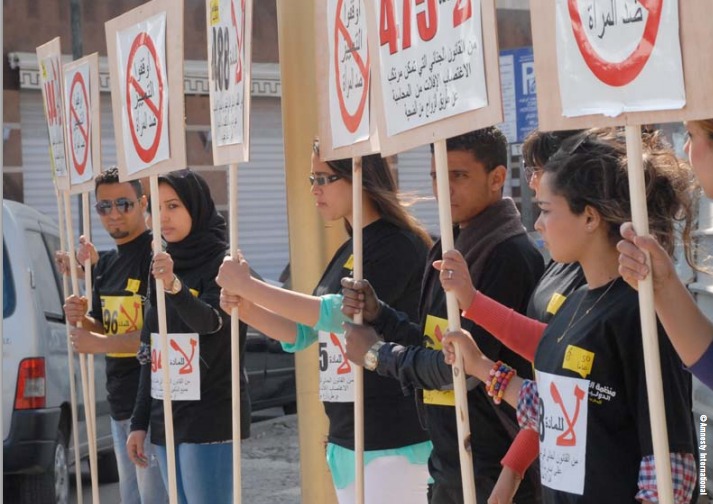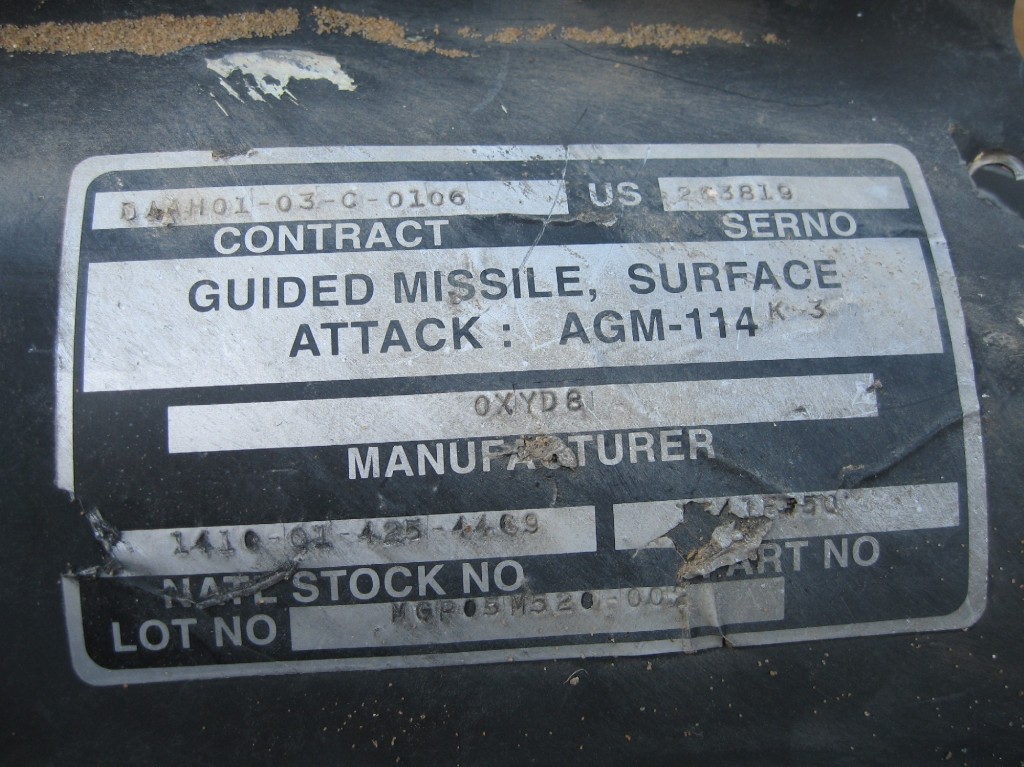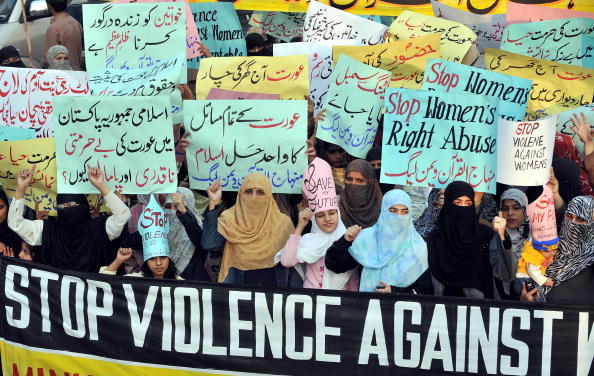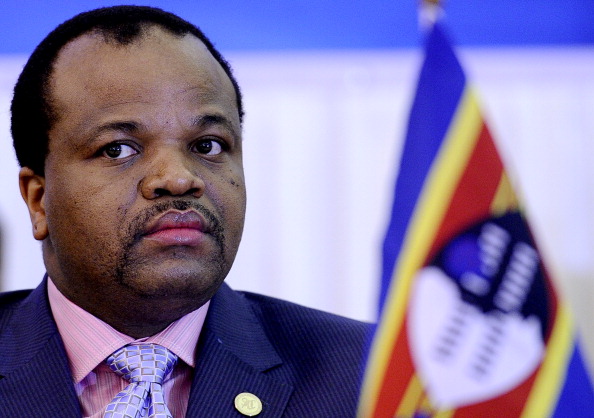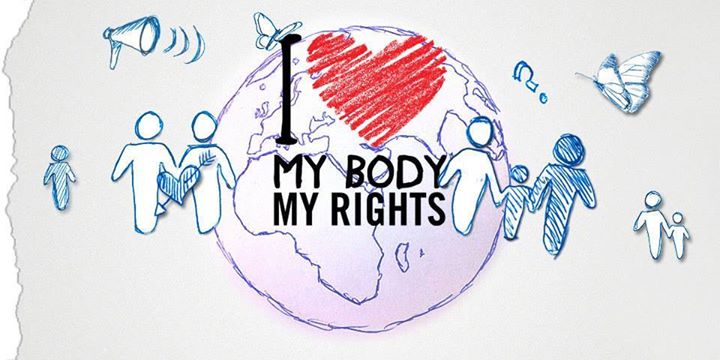
Being able to make your own decisions about sexuality, pregnancy and motherhood is a basic human right (Photo Credit: Amnesty International).
Imagine waking up in a hospital and learning that you are under arrest, accused of killing your own infant.
Despite your efforts to explain that you had a miscarriage and passed out from medical complications, the authorities sentence you to up to four decades in an overcrowded prison where you “suffer harassment, exclusion, and violence both from other inmates as well as prison personnel” because of the accusations against you.
